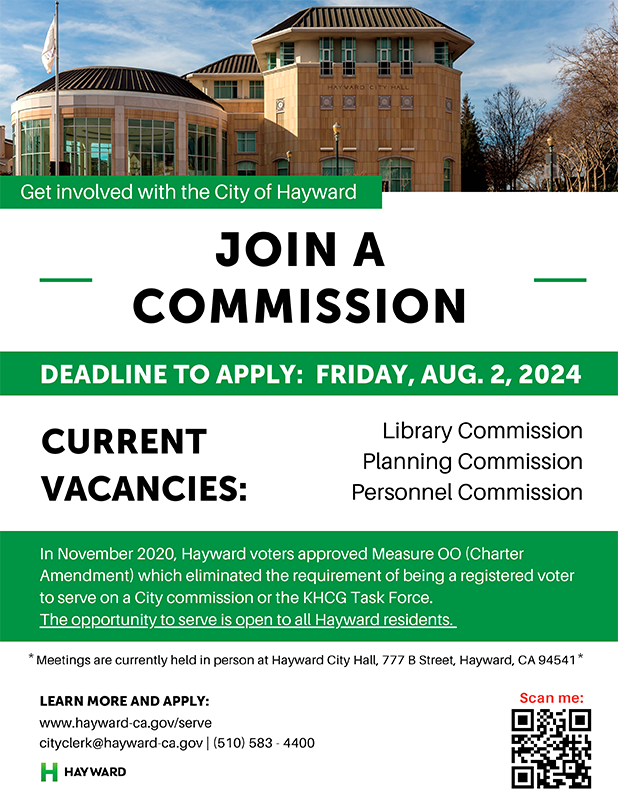In February 2012, students in Montreal, Canada took part in this big social movement named “Le Printemps Érable” that could be approximately translated into “Maple Spring,” as a reference to the Arab Spring uprisings that took place in the Middle East. The Maple Spring uprising resulted in students not going to school for over six months in order to protest against the rising tuition fees for university students all over the province, which would have increased tuition from $2,067 to $3,616 per year. The students ended up mostly winning their battle, as the new government nullified tuition to stay at approximately $3,000 per academic year.
It might seem weird to fight for education by deliberately skipping school for a very long period of time, but those months were incredibly instructive for a lot of students. Not only in terms of their comprehension of what civic duty means, but also because they were able to take part in a peaceful demonstration and learn how to be heard in a public debate. Marketing students got to sell student’s ideals, political science and law students were able to talk to the media and practice their debating skills, and so on. As a journalist student, I was able to observe and report on the uprising, documenting the events that occurred almost every night in the streets of Montreal.
There was a highly charged atmosphere and a great deal of debates in the entire province. It was an amazing learning experience and obliged a lot of people to define and redefine what were their values when it comes to education.
I believe that higher education should be accessible to everyone who has the skills and willpower to go through with them. It feels absurd that my generation’s next genius may possibly not be able to study quantum physics or music or philosophy just because his or her parents cannot afford university. But, a cheap university should also never mean being cheap on education.
Education policy raises a whole range of different opinions, and of course there is no perfect system. For some, making education more affordable might mean lowering expectations, expecting less work from students who may not value it as much and an overall decrease in the quality of education. For others, education should be free for everyone who wants to try it, because they believe that education not only gives you a better critical sense of the world, but it also gives students a better chance of obtaining a higher salary.
Indeed, a person with a higher level of education is statistically less likely to be unemployed, according to a 2013 employment projections report by the Bureau of Labor Statistics. In 2012, someone with a bachelor’s degree earned about $1,066 per week, and only 4.5 percent of this population was unemployed. In sharp contrast, someone who has less than a high school diploma had a median weekly earning of $471 and 12.4 percent of this population was unemployed.
Having witnessed firsthand the debate on funding higher education, I decided to interview a few students from different backgrounds to have their input on such scattered statistics when it comes to education in the U.S. It is no science, but it supports the idea that in the eyes of many international students presently in exchange at CSU East Bay, education should be considered a right rather than a business.
“In America, what you pay is what you get,” says Ildiko Mannesperger, an international exchange student from Germany currently studying at CSUEB. “It is weird for me that students have to pay so much to get educated as it is the state who will benefit from skilled and well educated workers in the end.”
At least state universities should be less expensive, if they are to provide better accessibility to higher education, she says. In Germany, Mannesperger says she only has to pay administration fees, which is about $200 per semester, and she still receives a “very good and challenging education, because we are accepted according to our grades, rather than by the size of our parents wallet.”
For Amanda Fingado, a transfer student from the University of New México currently studying at CSUEB, studying in a system where education is a business can become really frustrating.
“You commit all that money to your education and sometimes you just feel like your university is not fulfilling its own part of the deal,” she says. “Some of the faculties are just missing equipment and the university interrupted construction of the Castetter Hall for over a year. There are a lot of us who thinks that it is to prioritize funding sports. How is that fair that my money is going to the athletics, rather than on a better education for me?”
For Laurine Renault, an international student from France, education in the U.S. is unfortunately a part of a global business system. In her home country, public education is free.
“It is sad that money rules the world but there really isn’t much you can do about it in the end,” she says. “The more you pay, the better education you will get.”
The U.S. has 46 of the best universities in the entire world, according to the 2013-2014 World University Rankings, an annual global university rankings database published by the Times Higher Education magazine with data supplied by Thomson Reuters. But most of these schools also happen to be very expensive.
For example, Princeton University, which ranked sixth on the World University Ranking, the estimated cost of attendance for the 2014-2015 academic year is $41,750. Their average graduation rate is 95.5 percent, according to the White House College Scorecard, the U.S. Department of Education’s College Affordability and Transparency Center.
By comparison at CSUEB, for the 2012 to 2013 academic school year, tuition cost resident students $6,549 and cost international students $15,477. The graduation rate, on the other hand, is a startling 43.3 percent, according to the White House College Scorecard.
It seems like higher education is a luxury and a business in the U.S. and it really does not give equal chances to everyone to be able to succeed. Education should definitely be a right rather than a privilege, not only because of the human factor, but also because it raises a better nation that is richer and more aware of the critical decisions that have to be made in a democracy.












